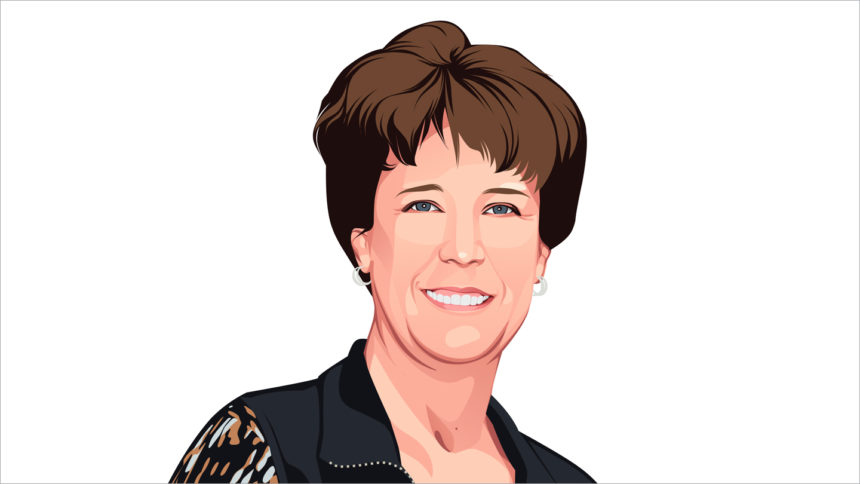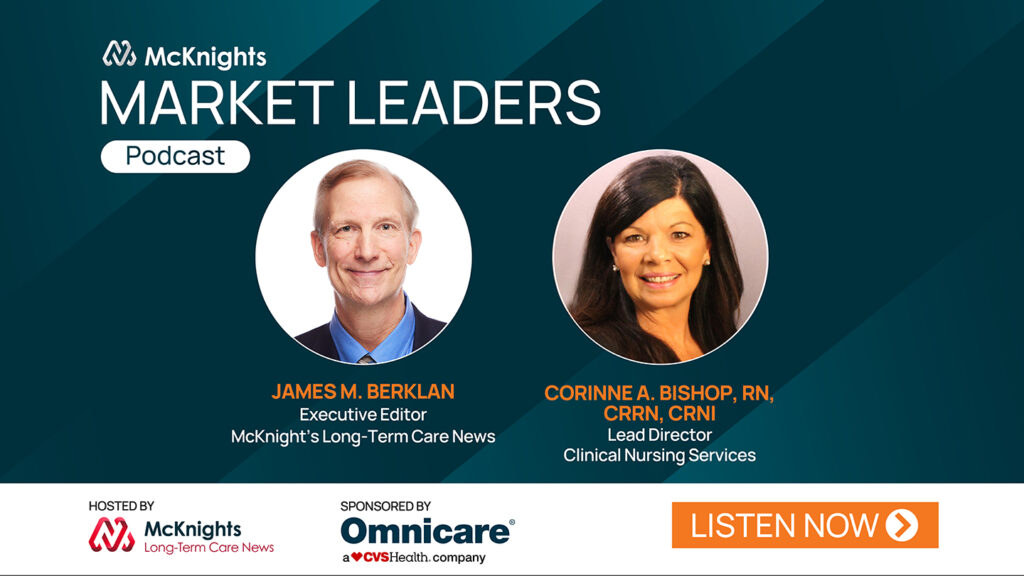
Chaos was in the air. People moved quickly, with expressions of impatience and the occasional flash of anger. The workers were weary, the sea of faces was never ending and there was no holiday cheer in the air.
I first noticed him as I was getting my mandatory cup of coffee as my flight was delayed. He was an elderly man, fragile in nature. He stood there with tears down his face, lost in the swarm of people around him. Individuals walked past him, a few bumped into him, many giving him a look of irritation. One person yelled “move out of the way.” He stood there bewildered and lost. His eyes blinked as the tears fell.
I walked over to him and gently touched his arm. I smiled and asked him if I could help. He did not speak English. But he saw that I was smiling and trusted me enough to let me guide him out of the way of the masses.
He pulled out of his pocket some papers. One was a paper boarding ticket; he had missed his flight. Another was a person’s name and phone number. I called the phone number and a voice filled with worry answered the call.
This was his elderly father who was traveling from Indonesia. His wife had passed last year, and the son could not bear to think of his father alone during the holidays. He had everything set up for his father, including door-to-door wheelchair service, but something went wrong. His father was lost in one of the nation’s busiest airports.
As I took in the information his son was giving me, his father had sat down and had fallen to sleep. I gently touched his shoulder and held the phone to his ear. His son and I had spoken and developed a plan. I would help him get rebooked and get him to his gate. The son was telling him what would happen next, including giving me his passport.
With complete trust, he handed over his passport. Together with his son on the phone, the customer service agent, and the two of us, we worked out the plan and booked his seat. I promised the son I would get his father to his gate. I made sure that he had something to eat and then walked him to his gate. I explained to the gate agent that he did not speak English and would need them to let him know when it was time to board.
He kissed my cheek as I said goodbye through hand gestures. I was worried about him and asked the person sitting next to him, to please assure that he boarded. The young man smiled and said he would. He patted the arm of the elderly man and smiled at him; the elderly man smiled back.
Dr. Brené Brown wrote in her book Atlas of the Heart, “Compassion is fueled by understanding and accepting that we’re all made of strength and struggle — no one is immune to pain or suffering. Compassion is not a practice of ‘better than’ or ‘I can fix you’ — it’s a practice based in the beauty and pain of shared humanity.” She shares that compassion is not a relationship between the healer and the wounded. It’s a relationship between equals. Compassion becomes real when we recognize our shared humanity.
I share this story because as I walked to my gate, I struggled with why others did not see the tears, the fear present upon his face and allowed themselves to care. Maybe they saw the elderly man, felt a stirring of emotions but lowered their eyes and kept walking.
I asked myself, would I have been like the fellow travelers? Would I have acted if my flight had not been delayed, or would I have lowered my eyes and kept walking? Was it because I had the time to be compassionate, I was compassionate?
Google the practice of daily gratitude, and you will see anything and everything you need to hardwire the habit of being grateful on a day-to-day basis. But what about compassion? Dr. Brown writes about the need to practice compassion. Practice is defined as repeatedly performing a skill to improve or maintain proficiency. Is compassion a skill that can be developed by daily practice? Are some people more inclined than others?
Research in the field of human behaviors believes that we all can see humankind through the lens of shared humanity and act in accordance with compassion. It is a matter of choice and practice.
Today as you read this article, make a pinky promise with me to daily choose to practice being more compassionate. See the faces that you care for, not as tasks or assignments, but as a reflection of your own fragile humanity, as we are all made of strength and struggles.
Martie L. Moore, MAOM, RN, CPHQ, is the President/CEO of M2WL Consulting. She has been an executive healthcare leader for more than 20 years. She has served on advisory boards for the National Pressure Injury Advisory Panel and the American Nurses Association, and she currently serves on the Dean’s Advisory Board at the University of Central Florida College of Nursing and Sigma, International Honor Society for Nursing. She was honored by Saint Martin’s University with an honorary doctorate degree for her service and accomplishments in advancing healthcare.
The opinions expressed in McKnight’s Long-Term Care News guest submissions are the author’s and are not necessarily those of McKnight’s Long-Term Care News or its editors.




